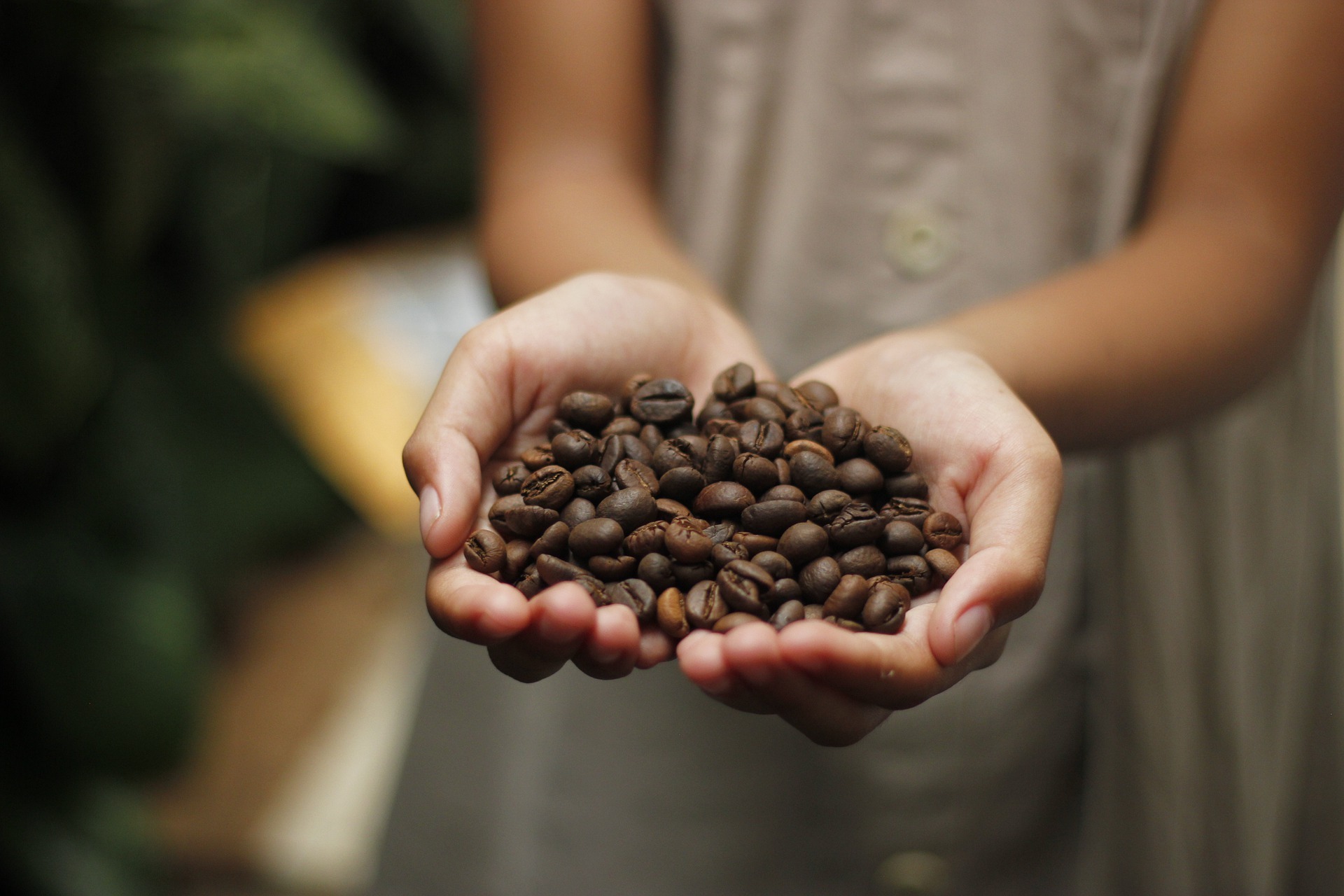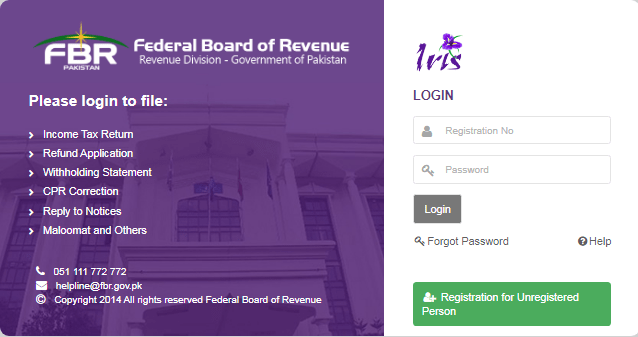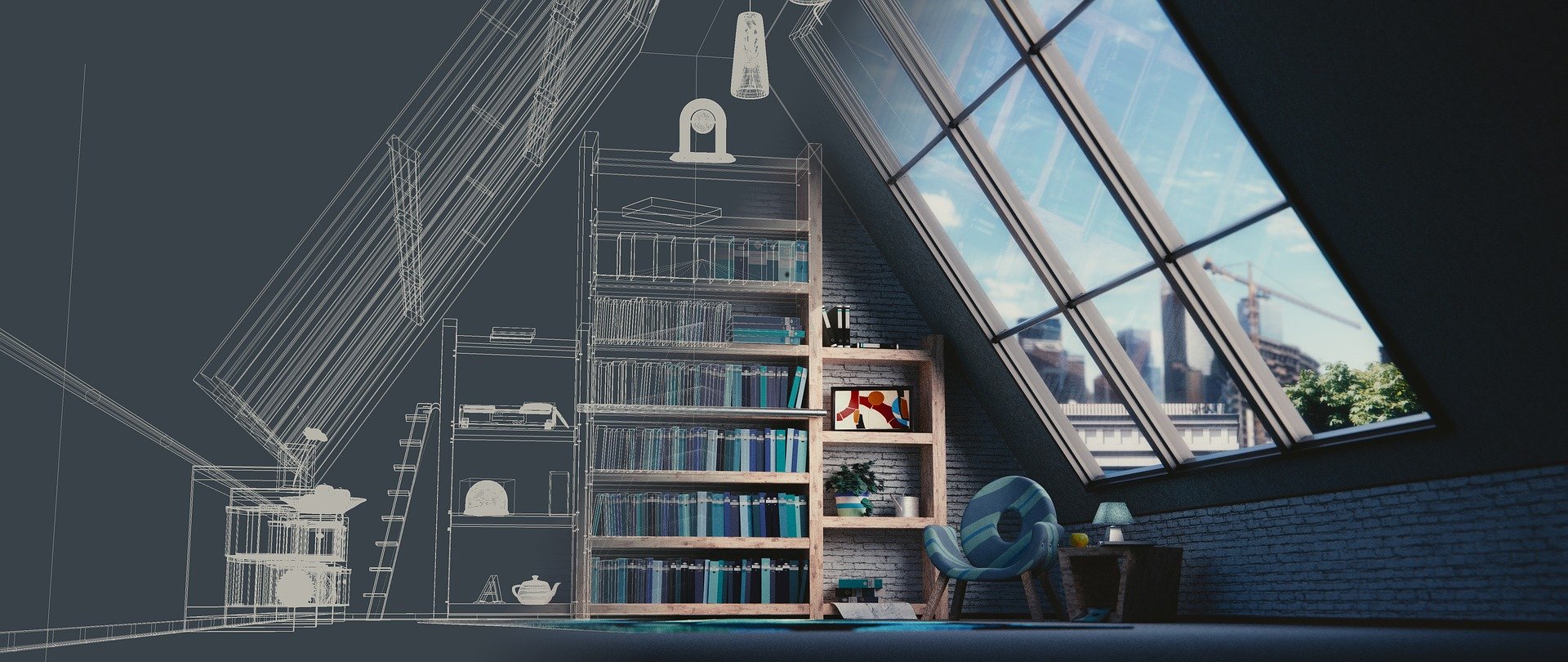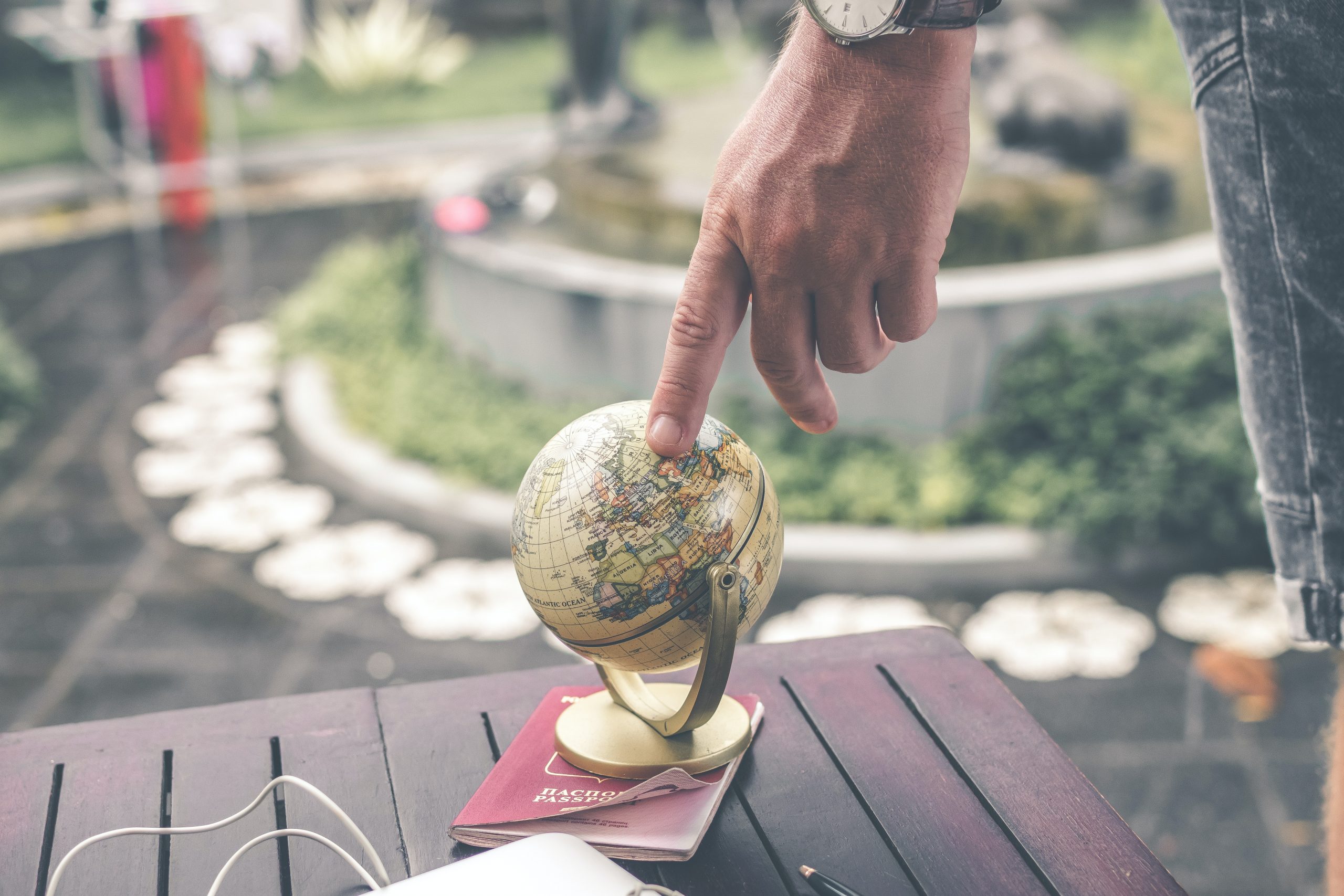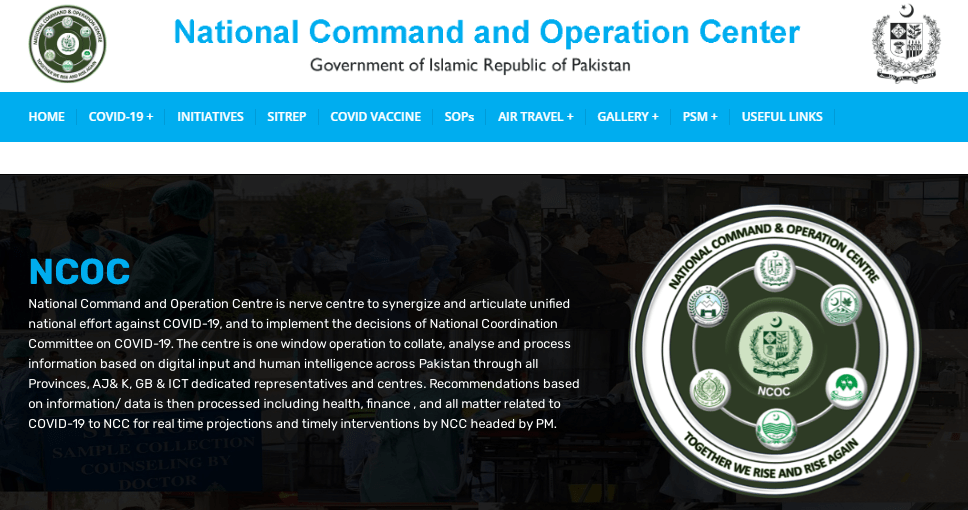
Today, while i was reading about Ramzan and about Covid-19 Pandemic i found SOPs issued by the NCOC Government of Pakistan at that time i feel that being a writer and Blogger it is my duty to circulate the NCOC Covid-19 SOPs. It is requested that please follow the SOPs and also teach about it for batter awareness around you. Hopefully this Article will be informative.
The holy month of Ramzan is going to be started in the month of April 2021. Yes this is the very religious month for the Muslim Community in the whole world. During Pandemic Covid-19 being a Muslim Community should follow the SOPs.
Ramadan, also spelled Ramazan, Ramzan, Ramadhan or Ramathan, is the ninth month of the Islamic calendar, observed by Muslims worldwide as a month of fasting, prayer, reflection and community.
During the prayer and fasting being a Muslim Community this is over responsibility to adopt all the measures to avoid any misshape regarding Covid-19.
NCOC “National Command and Operational Center”:
NCOC “National Command and Operational Center” by the Government of Islamic Republic of Pakistan published an electronic document “Guidelines for Ramzan during COVID-19” provided instructions and current status of Covid-19 in pakistan. The Following image is taken NCOC website at 12-April-2021 at 4:50 PM.

“Guidelines for Ramzan during COVID-19”:
An Electronic Guideline Published by the NCOC (NCO.gov.pk) dated 02th April, 2021 Document Code 61-02 Version 02 regarding SOPs during COVID-19 spared in pakistan.
From the Documents the Following Points are really very important and we must adopt all the precisions to overcome the disease.
- Arrangements for Namaz and Taraweeh in Mosques and Imam Bargah
- Carpet or rugs will not be spread/ laid in Mosques or Imam Bargah, prayers will be offered on the bare floors.
- Clean chatais can be used if the floor is earthen.
- If people wish to bring their own prayer mats from home, they can do so.
- Before and after the prayers, people should avoid gathering in crowds.
- In mosques and Imam Bargahs, where there is a courtyard, prayers will be offered not inside but in the courtyard.
- Those older than 50 years, adolescent children and those suffering from flu, cough, etc should not come to mosques or Imam Bargah.
- Namaz Taraweeh will be arranged within the boundaries of the mosques or Imam Bargah. Praying on roads and footpaths will be avoided. An attached map should be useful in this connection.
- The floors of the mosques and Imam Bargah should be cleaned with Chlorine solution in water.
- The same solution should be used to wipe the chatais before namaz.
- Rows of the praying individuals should be aligned so that there is a distance of 6 feet between individuals. There is an attached map which can assist in achieving this.
- Mosques and Imam Bargah should constitute committees consisting of responsible individuals who will ensure the adherence to precautionary measures.
- It will be easy for the Namazis if the administrators of mosques and Imam Bargah place marks for the Namzis on the floors according to correct distances. This will facilitate in the placement of the Namazis.
- People should come to the mosque or Imam Bargah after doing ablution and washing hands with soap for 20 seconds.
- It is obligatory that mask is worn before coming to mosque or Imam Bargah and not to shake hands or hug anyone in the mosque.
- Avoid touching the face. This can be done after washing hands after returning home.
- In the current situation, it is better that Aitikaf is performed at home.
With great concern it is again requested that please share this information as it is over responsibility as a GLOBAL CITIZEN. The act even every act we perform to avoid the sprad of Covid-19 is a Global Act and fall under Global Citizenship.
